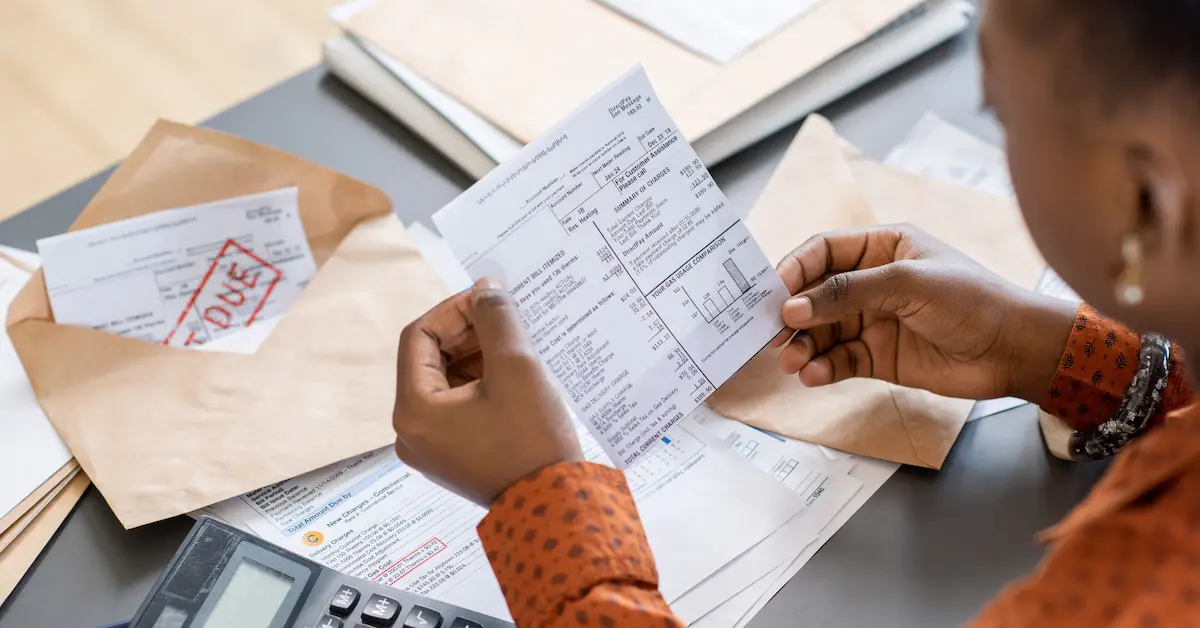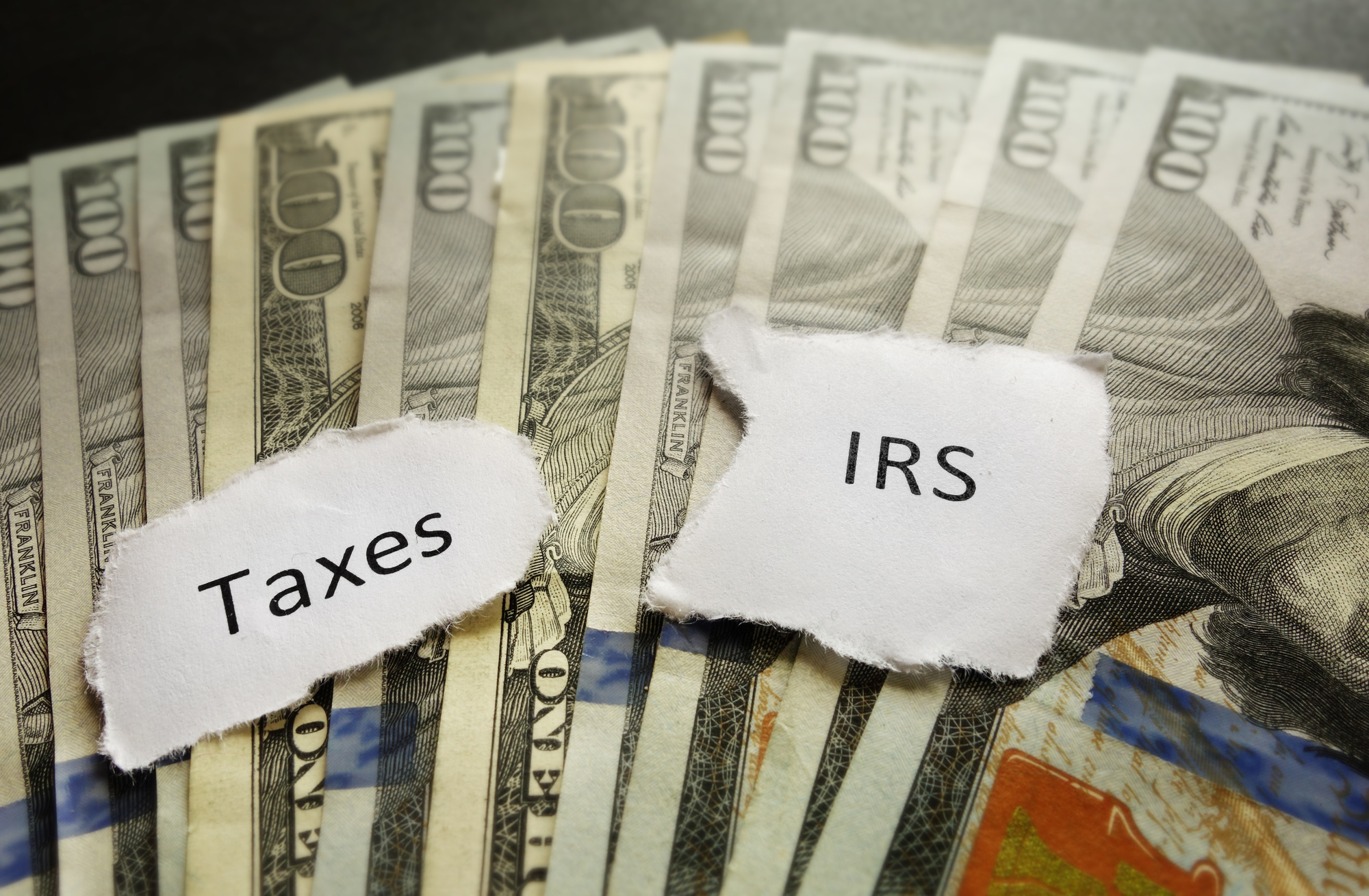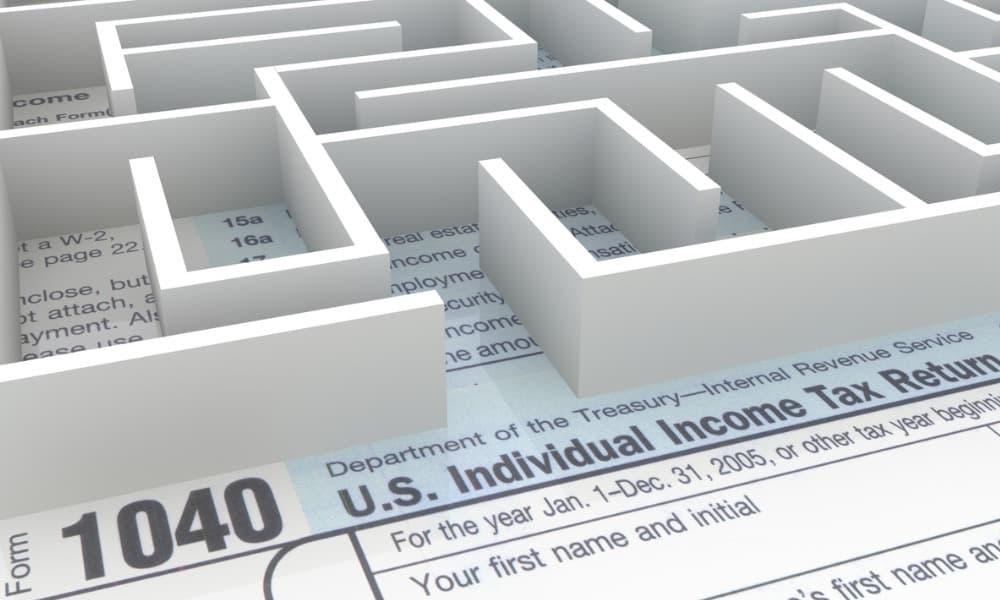According to CNBC, over 30 million people might receive tax bills in 2019. Having a standoff with the taxman because of unpaid back taxes can be one of the most stressful moments ever. You can find yourself in crossroads when owing to the IRS.
What should you whenever you find yourself in any of these situations? With a strained economy and many bills to pay off, it is always challenging to come to redeem yourself. Many people who get into these situations find it hard to come out.
If you ever find yourself in such a scenario, you can still come out quickly. This article thereby serves as a guide to those individuals or business with due taxes to pay.
Read on to learn more!
Knowing the Amount Owed
Tax calculators may take you near knowing how much you owe the taxman. However, it’s only after completing the tax return that you know the exact amount you owe.
After filing the tax returns, the tax report indicates if you qualify for a refund or if you owe some taxes. If you forgot a vital deduction, you might find owing to the states some funds.
Never ignore the tax reports because you might find some missing details in it. Crosscheck all the information to see if there is anything amiss. You could be a victim of accounting errors while stressing over a debt.
Never assume the IRS is always correct before considering tax debt. When done with crosschecking the tax report, you can assume liability or lodge complains if any. Ask for interpretation for everything you don’t understand.
Seeking Professional Advice
Is it essential to consult a tax attorney and experts on matters appertaining debt? Probably yes! If you don’t have the basic accounting and finance info, seek professional consultants for help. Parting with a few bucks might be tricky but more with than the advice to get.
Tax experts are out there to help clients enduring difficult times with the taxman. If you are one of them, then this should be your ways to get things more manageable.
Tax professionals can be helpful in many ways. From providing general advice of payment to calculating the amount owed, they can help you much.
If you didn’t involve a professional when filing taxes, this might the time to do it- probably not the best time. Looking for the right tax expert and seek proper guidance. If you don’t require any help, you can still take on the task singlehandedly.
Filing Back Taxes
Completing overdue tax paperwork isn’t fun, but it is beneficial. It helps reduce fees and penalties that the taxman can slap you with. Filing late tax returns should be done sooner than later to reduce the likelihood of huge penalties.
If you didn’t file the previous year’s returns or filed incorrectly, you could file late returns. A failure-to-file penalty of 5% of the unpaid bill applies for not filing your taxes within the specified deadline. To avoid the accumulation of unpaid bills, file your taxes as early as possible.
The failure-to-file penalty is even more than the penalty for failing to pay the taxes. Therefore, it’s always great to file the tax before the April 15 deadline even if you can’t afford the tax bill.
Paying the Back Taxes
Payment of taxes or any dues can be stressful. However, the state requires you to pay your bills without dilly-dallying. This is the process you should follow when paying back taxes;
1. Make a Plan
Now that you can’t run away from your taxes dues, making a payment plan is a right path to follow. Take into consideration your assets, income, expenses, and other credits in place. When you find the perfect payment plan, you can arrange with the taxman on the plan.
If you set up a plan, it’s essential to stick to it. Don’t play games with the payment procedure you put in place. Don’t set unrealistic and overambitious payment plans that you can’t accomplish.
2. Contact the IRS
Make sure you first contact the IRS before they get back on you. Don’t wait too late because it might be perplexing when debt collection actions are initiated. It is easier to negotiate for payment terms before action is taken on you.
Voluntarily reporting your due taxes before the taxman ax descends on your works in your favor. You can reach out to the tax agents and settle a truce on the tax debt. The tax agents are likely to listen and understand your arguments if you make the first step.
3. Request for Waiver on Penalties
It is possible to get a waiver on taxes if you pay taxes on time. If you owe the state some unpaid tax, exemption of penalties is possible if you have a clean history. On the unfortunate scenario that you didn’t pay the taxes on time, the taxman will offer you a reprieve.
Many people who pay their taxes in time often get waivers. You are required to show a “reasonable cause” in case of previous delays. If you negotiate your stand very well, you can get a tax reprieve of up to 50% of the tax bill.
4. Payment Options
After settling for payment plans and wavers, you can select the most favorite payment method. The preferable payment methods include;
- Getting private loans
- Setting up installment payments
- 120-day extension payment
- Using credit cards
These are just some of the most probable load payment options that you can choose. Choose a payment strategy that will enable you to pay the tax easily. Put in mind the effect of interest on your tax liability.
Interest is added on your bill continuously until you finish the payment.
Can’t Afford to Pay Your Back Taxes?
It happens that many people can reach situations whereby they can’t pay back taxes. Many factors can attribute to such scenarios, and you might find yourself in it. Below are some of the options that you can opt for;
1. Offer in Compromise
In IRS, an Offer in Compromise is a tax debt settlement plan. The taxpayer can settle their back taxes for lesser amounts than those owed. This program applies for in the best interest of both the IRS and the taxpayer.
In this plan, the IRS reviews your financial situation. If it dawns on them that you aren’t in a position to pay the tax due, you can agree on partial payment. The IRS assesses the reasonable collection potential before reaching the agreement.
Reasonable collection potential includes the following;
- Real estate property value
- Bank account balances
- Personal income
- Business profits
- Automobiles
- Living expenses
The OIC payments must be made within two years after the agreement. If you default on the payment, further sanctions can be put in place. Also, the IRS is unlikely to consider more than one OIC.
2. Penalty Abatement
If you had a good reason for failing to pay, you could request for penalty reduction to ease the tax burden. If the IRS determines that it is possible to reduce the tax penalty, then it can do you a favor. For people who find paying taxes difficult, the IRS can relieve the burden by easing sanctions.
Below are some of the conditions in which the IRS can relieve your penalties;
- Adverse medical conditions
- Victims of natural disasters
- Accidents in the business environment, i.e. fire, motor vehicle accidents
- Permanent injury
Any of these conditions may force the IRS to consider lifting the penalty on your back taxes.
3. Applying for Bankruptcy
Although not a slight action to take, business bankruptcy can be a last resort in the event of unpayable taxes. Business bankruptcy can have an unprecedented effect on your business in the long run.
It is almost impossible to secure credit for your business when bankrupt. So, before declaring yourself bankrupt because of the tax debt, be sure it the final solution.
4. IRS Payment Plans
There are acceptable payment plans that the IRS accepts or has set up in place. The payment plan depends on the value of back taxes in stake. If you can’t afford to pay your taxes within the stipulated timeline, arrange for installment payment payments.
Installment plans allow you to pay taxes over time to avoid garnishment and collection actions. You can apply for the minimum monthly payments with the IRS. The debt you owe Uncle Sam is usually divided across 72 to determine the minimum monthly payment.
Consequences of Failing to Pay Back Taxes
The country is run with tax money from the citizen. Tax is the min government’s source of revenue. Therefore, tax debt is not anything you can around joking and messing with.
Failing to honor your mandates with Uncle Sam can be highly problematic. It can get even worse if you wait for collection actions to descend on you. If you fail to pay taxes within the specified duration, here is what you are likely to experience.
1. Penalties & Interest Burden
It might seem cool at first, but the interest and penalties on back taxes can reach bad levels. The monthly penalty for accrued can range from 0.5% to 25%. Given the harsh economic times, you shouldn’t wait for it to get to such levels.
Filing to file taxes within the specified duration also attracts hefty fines. The more you wait for the taxes to accumulate, the more significant the burden you will have in the future.
2. Forfeiting Tax Refunds
If you fail tax refunds, the IRS might fail to remit your tax refunds immediately. For more extended periods, your tax refunds might be assumed as a contribution to the US Treasury. To avoid forfeiture, it is essential to file your taxes on time.
3. Foreclosure of Property
Failing to attend to business debts might have unmatched effects on your property or businesses. The IRS notifies you immediately your tax dues are over. Failure to submit payments within ten days might lead to collections actions.
After the end of 10 calendar days, the IRS files a business tax lien on your property. The taxman can enforce tax lien on the property and seize business assets. If you are an incorporated business, personal assets too may be seized.
The best way to protect and preserve your property is to pay your dues or reach out to Uncle Sam.
4. Provocation of Travel Documents
Failure to pay taxes for several years might lead to provocation of your passport. That holiday trip might be a dream if owe the government taxes.
If you owe more than $52000 or you aren’t paying the stipulated installment, you may be at risk. The Secretary of States might revoke your passport for failure to pay taxes.
5. Jail Term
Some people face jail terms for failure to pay taxes or attempt to defraud the government. This is always on the extreme end and often arises in cases of crime undertakings.
Purposely evading tax or using unorthodox methods to avoid taxes might attract jail terms. Don’t play cat and mouse games with the IRS just because it might backfire on you.
The IRS May Disqualify Back Taxes
It is rare to get full tax forgiveness from the IRS. Below are some of the rare occasions that your back debts can be forgiven;
1. Innocent Spouse
You qualify full compassion if the IRS determines that you are an innocent spouse. Innocence means that you were a spouse of someone with tax dues and that you had no knowledge. This happens when the IRS thought that you owe taxes by mistake.
2. State of Health & Mind
The IRS might relieve the burden in the circumstance that the taxpayer is rendered incapable of paying off back taxes. If the taxpayer falls into a life threating situations such as coma, the IRS might relax the tax debt.
Additionally, if the patient suffers permanent health conditions such as brain damage, the tax burden may be eased. This is because the patient cannot get back to ordinary life and thus no need for tax burden.
The Bottom Line
Having problems paying off back taxes to Uncle Sam? Experiencing enduring moments in the work environment? These problems can get solved when you seek the right guidance on tax payment.
Consult a tax attorney whenever enduring difficulties or making some decisions. Whatever you do today might matter in future.








